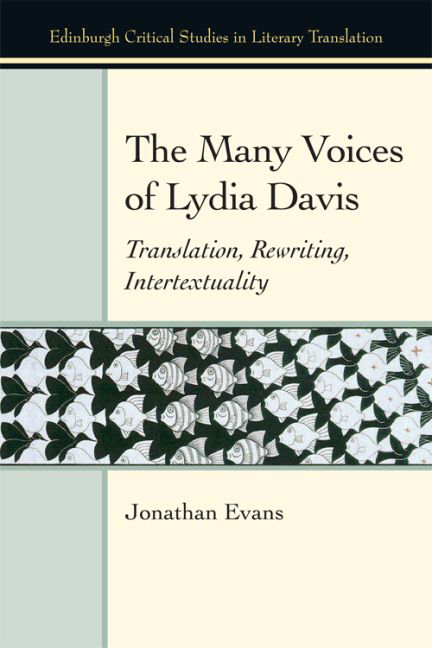Series Editors' Preface
Published online by Cambridge University Press: 20 April 2017
Summary
Translators, Pushkin's ‘post-horses of enlightenment’, play a central role in every society's reception of other cultures. The study of translation – in theory, in practice and in relation to broader narratives in literary and cultural history – is now a vibrant scholarly field. It is key to current debates on literary canons in an increasingly global world, and on the possibility of World Literature. Edinburgh Critical Studies in Literary Translation addresses translation as a literary and historical phenomenon and is the first monograph series to do so.
Some of these studies engage with the approaches individual authors have taken to translation. Some deal with the impact of particular source texts or of particular translations on the societies in which they were produced. A central concern of the series is with interactions between translation and other forms of creative work and with the part translation can play in forging the identity of individual authors. We are no less interested in the way translation can set directions for literary cultures at large.
There are no constraints on historical period. The emphasis of the series is in the first instance on translations involving the English language, whether in the context of ancient or modern literature. Our scholarly territory straddles the disciplines of English Literature, Classical Studies, Comparative Literature and Modern Languages. Contributors necessarily work at their frontiers, using innovative tools on interdisciplinary topics.
- Type
- Chapter
- Information
- The Many Voices of Lydia DavisTranslation, Rewriting, Intertextuality, pp. viPublisher: Edinburgh University PressPrint publication year: 2017



